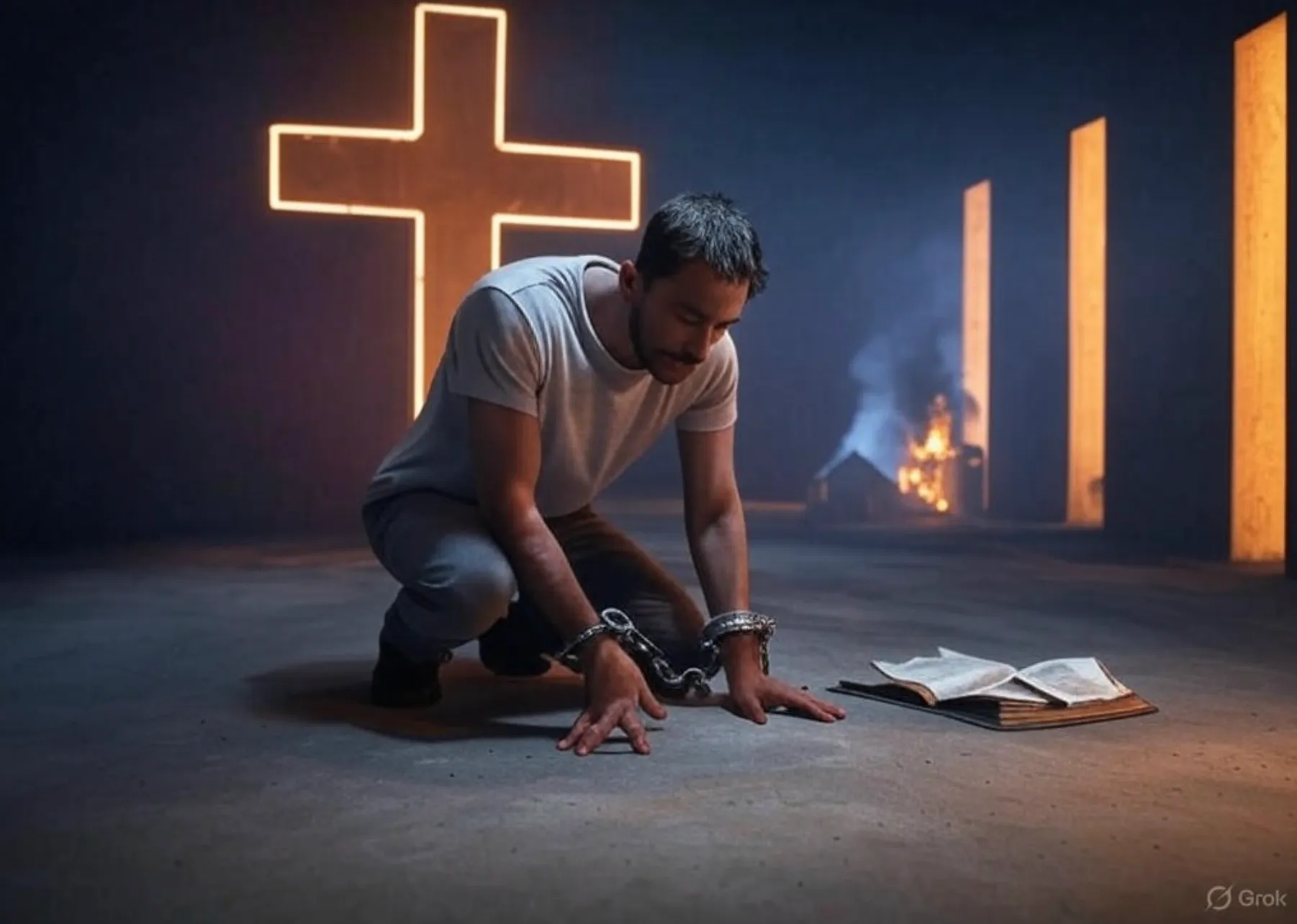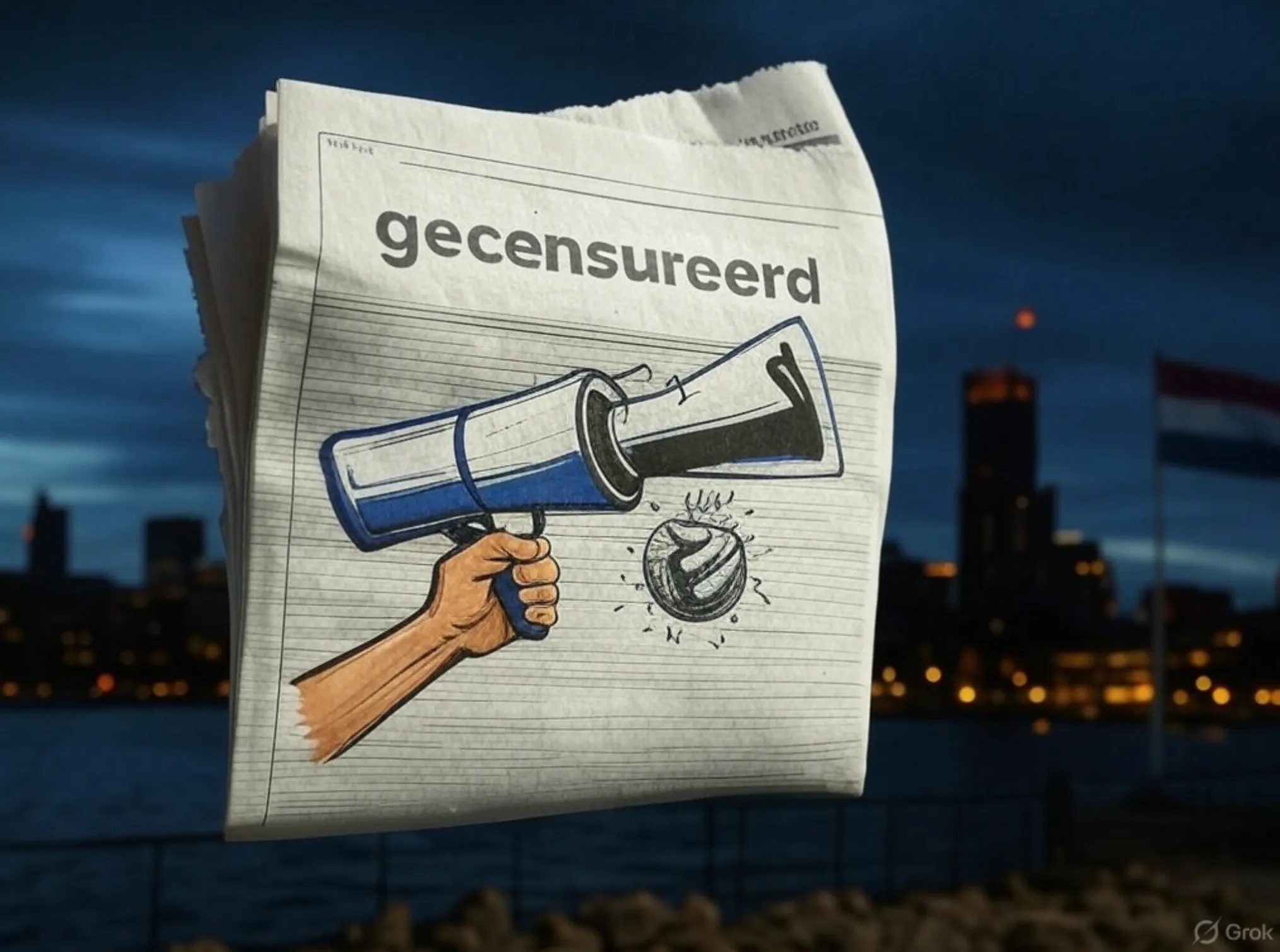Fukushima: George Monbiot bekeert zich tot kernenergie
You will not be surprised to hear that the events in Japan have changed my view of nuclear power. You will be surprised to hear how they have changed it. As a result of the disaster at Fukushima, I am no longer nuclear-neutral. I now support the technology. A crappy old plant with inadequate safety features was hit by a monster earthquake and a vast tsunami. The electricity supply failed, knocking out the cooling system. The reactors began to explode and melt down. The disaster exposed a familiar legacy of poor design and corner-cutting. Yet, as far as we know, no one has yet received a lethal dose of radiation.
Some greens have wildly exaggerated the dangers of radioactive pollution. For a clearer view, look at the graphic published by xkcd.com. It shows that the average total dose from the Three Mile Island disaster for someone living within 10 miles of the plant was one 625th of the maximum yearly amount permitted for US radiation workers. This, in turn, is half of the lowest one-year dose clearly linked to an increased cancer risk, which, in its turn, is one 80th of an invariably fatal exposure. I'm not proposing complacency here. I am proposing perspective.
The damming and weiring of British rivers for watermills was small-scale, renewable, picturesque and devastating. By blocking the rivers and silting up the spawning beds, they helped bring to an end the gigantic runs of migratory fish that were once among our great natural spectacles and which fed much of Britain wiping out sturgeon, lampreys and shad, as well as most sea trout and salmon.
Traction was intimately linked with starvation. The more land that was set aside for feeding draft animals for industry and transport, the less was available for feeding humans. It was the 17th-century equivalent of today's biofuels crisis. The same applied to heating fuel. As EA Wrigley points out in his book Energy and the English Industrial Revolution, the 11m tonnes of coal mined in England in 1800 produced as much energy as 11m acres of woodland (one third of the land surface) would have generated. Before coal became widely available, wood was used not just for heating homes but also for industrial processes: if half the land surface of Britain had been covered with woodland, Wrigley shows, we could have made 1.25m tonnes of bar iron a year (a fraction of current consumption) and nothing else. Even with a much lower population than today's, manufactured goods in the land-based economy were the preserve of the elite. Deep green energy production decentralised, based on the products of the land is far more damaging to humanity than nuclear meltdown.
Yes, I still loathe the liars who run the nuclear industry. [Noot HL: Zou hij dezelfde gevoelens koesteren ten aanzien van de 'liars who run the climate industry'?] Yes, I would prefer to see the entire sector shut down, if there were harmless alternatives. But there are no ideal solutions. Every energy technology carries a cost; so does the absence of energy technologies. Atomic energy has just been subjected to one of the harshest of possible tests, and the impact on people and the planet has been small. The crisis at Fukushima has converted me to the cause of nuclear power.


